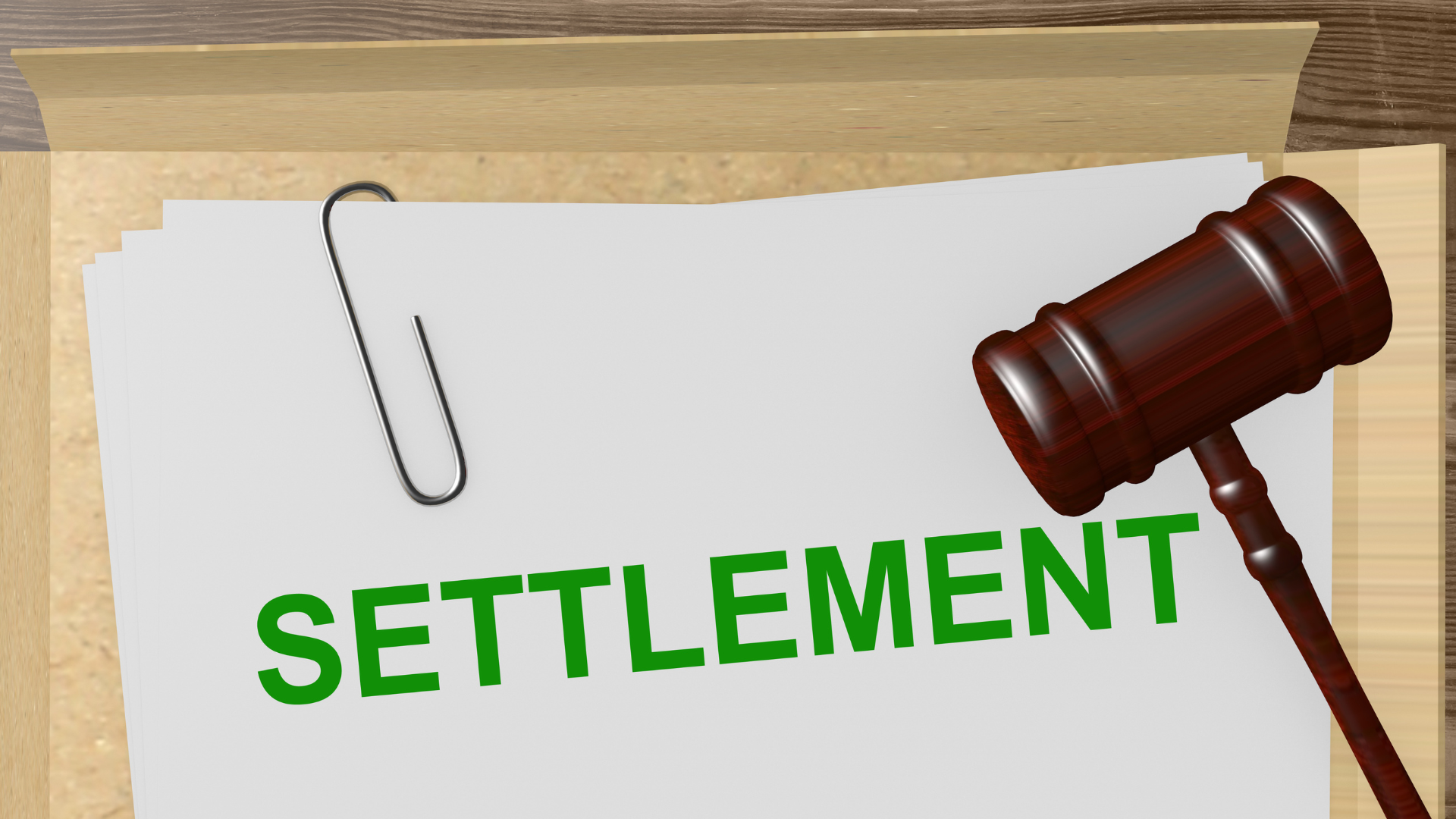What is an MCA Lawsuit?
What is an MCA Lawsuit?
Merchant Cash Advances (MCAs) can offer quick funding to businesses in need of immediate cash flow. However, complications can arise, leading to legal disputes known as MCA lawsuits. Understanding what triggers these lawsuits and how they can affect your business is crucial to managing risk and protecting your financial health.
What Exactly is a Merchant Cash Advance (MCA)?
An MCA isn't technically a loan but rather a lump sum of capital given upfront in exchange for a percentage of future sales. Businesses often choose MCAs because of their quick approval and flexible repayment terms, typically structured as daily or weekly debits from the company's sales revenue.
Why Do MCA Lawsuits Occur?
MCA lawsuits typically arise due to disputes regarding repayment. Common triggers include:
- Payment Default: When a business cannot meet the daily or weekly payments outlined in the agreement.
- Breach of Contract: Any violation of terms set out in the initial MCA contract.
- Confession of Judgment (COJ): Many MCA agreements contain a COJ clause that allows the lender to seek immediate judgment without notifying the business beforehand if repayment terms are breached.
What Happens During an MCA Lawsuit?
When an MCA provider initiates a lawsuit, it usually involves the following steps:
- Demand for Payment: The MCA provider sends a formal demand letter.
- Lawsuit Filing: If the demand is ignored or unresolved, the MCA company files a lawsuit against the business.
- Court Proceedings: Both parties present evidence, and the court decides the outcome, unless settled beforehand.
- Judgment and Enforcement: If the MCA company wins, they can seize assets or levy bank accounts to recover the owed amount.
Potential Consequences of an MCA Lawsuit
If your business faces an MCA lawsuit, the impacts can include:
- Significant financial burden.
- Damage to business credit scores.
- Potential seizure of business assets or bank accounts.
- Operational disruptions.
How Can a Business Defend Against an MCA Lawsuit?
Businesses have several defense strategies, including:
- Negotiating a Settlement: Often, MCA companies prefer settlements rather than extended legal battles.
- Challenging the Contract Terms: If the MCA agreement has unfair or unclear terms, these can be contested in court.
- Bankruptcy Protection: Filing
Chapter 11 or
Chapter 13 bankruptcy might offer protection against aggressive MCA collection actions.
Consulting with a specialized MCA lawyer significantly enhances your chances of a favorable outcome.
Why You Should Contact an MCA Lawyer
Engaging an experienced MCA attorney provides several advantages:
- Expert negotiation skills to potentially reduce your debt.
- Legal advice tailored specifically for MCA lawsuits.
- Strategic defense planning to protect your business’s assets and cash flow.
If you’re facing an MCA lawsuit, immediate legal representation can make a critical difference.
FAQ about MCA Lawsuits
1. Can an MCA company seize personal assets?
Generally, MCA companies can seize business assets if a judgment is awarded. Personal assets might be at risk if you've signed a personal guarantee.
2. How long does an MCA lawsuit usually take?
It can range from a few months to over a year, depending on complexity, settlement options, and court schedules.
3. Can I avoid an MCA lawsuit?
Staying proactive, negotiating early, and seeking professional legal advice at the first sign of trouble can significantly lower your risk of facing an MCA lawsuit.
4. Are confessions of judgment enforceable in New York?
Yes, COJs are enforceable in New York. However, recent legislation limits their enforceability against businesses from outside New York.
Facing an MCA lawsuit?
Reach out to J. Singer Law Group, a leading authority in MCA defense in New York, for professional guidance and robust legal defense strategies.












